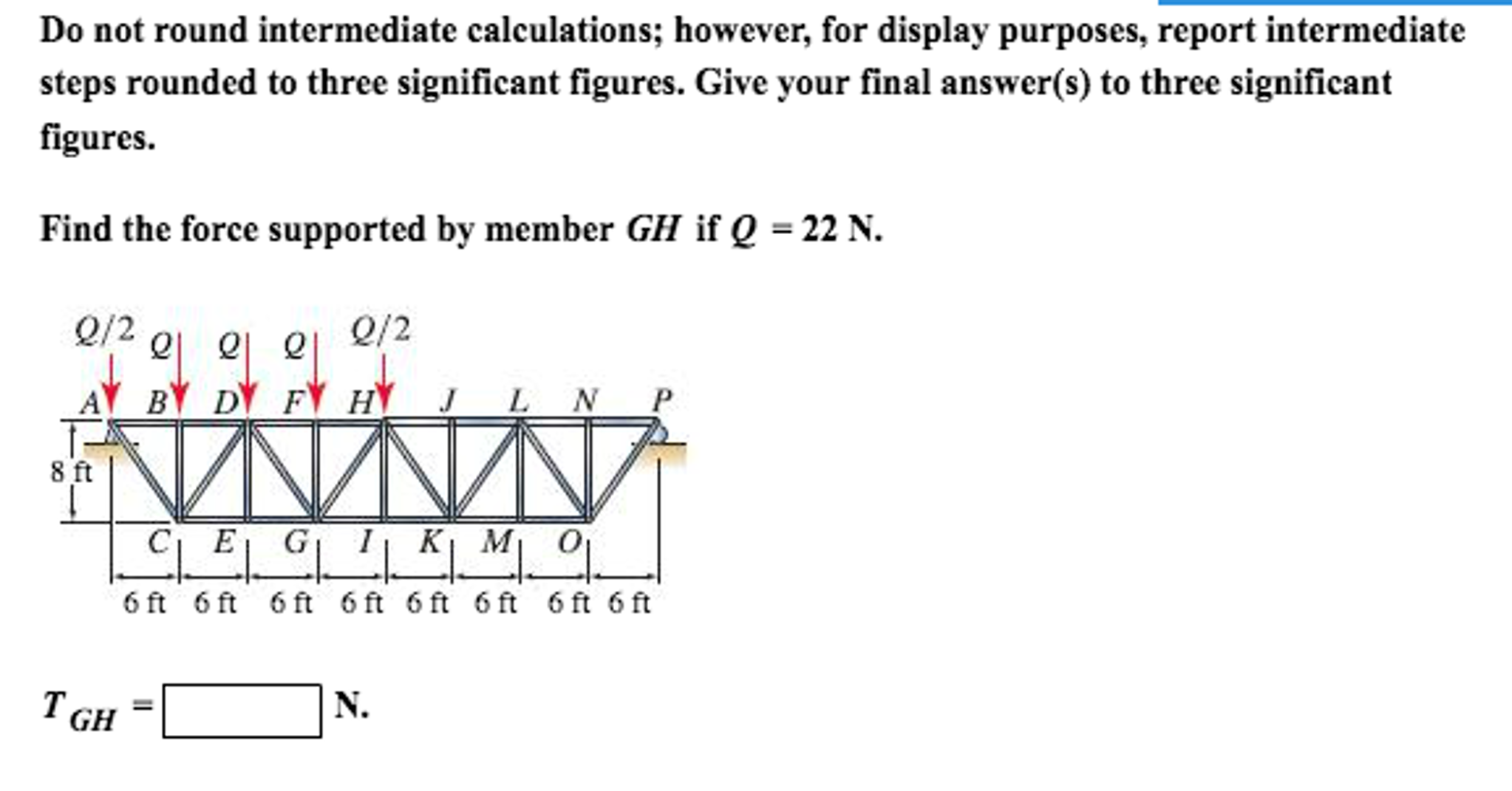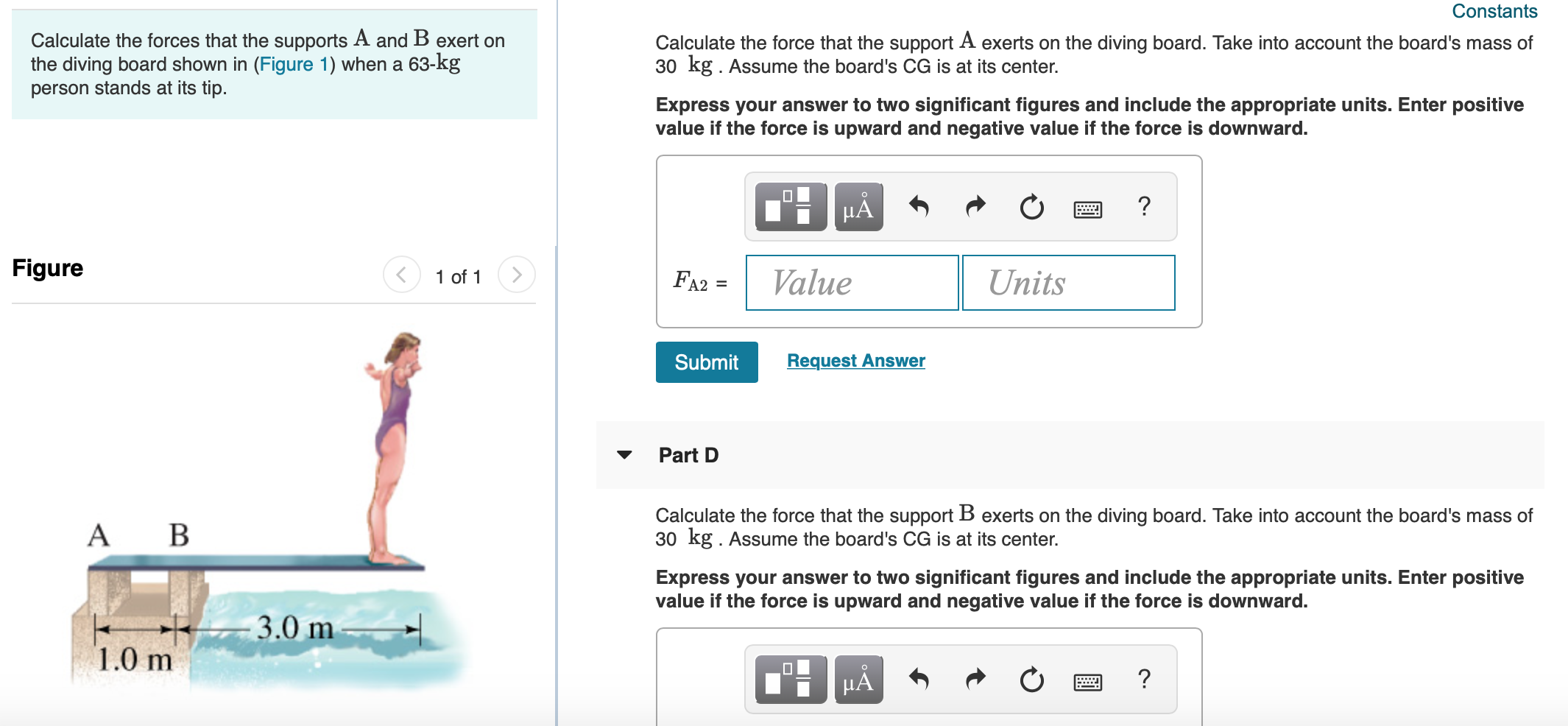
Some rockets are much bigger than others. What affects the overall size of a rocket? Making a rocket as light as possible will affect how quickly the rocket will speed up and the height that it will be able to reach. The force of gravity is now acting in the opposite direction to the thrust, so the resultant force pushing the rocket upwards is also less. A rocket with more mass will speed up more slowly, just as in the horizontal example, but there is another effect. Vertical rocket motionĪ rocket launched vertically has the same effect. If the same force is applied to two objects, the object with less mass will have more acceleration.įor a balloon-powered toy car (which is a simple rocket in action), a lighter car (less mass) will speed up more quickly than a car with more mass. This is often stated as force = mass x acceleration. Newton’s second law of motion sums up this idea. This is because a person with less mass speeds up more quickly than a heavy person pushed with the same amount of force. If you push two people with different masses on different swings, the person with less mass (measured in kilograms) is easier to get moving. Let us calculate the pressure exerted on the bottom by the weight of the fluid.To understand these ideas, it is useful to think of objects moving in a horizontal direction before thinking about the vertical motion of a rocket. Its bottom supports the weight of the fluid in it. The difference is that water is much denser than air, about 775 times as dense.Ĭonsider the container in Figure 1.

You may notice an air pressure change on an elevator ride that transports you many stories, but you need only dive a meter or so below the surface of a pool to feel a pressure increase.


In this case, the pressure being exerted upon you is a result of both the weight of water above you and that of the atmosphere above you. Under water, the pressure exerted on you increases with increasing depth. This pressure is reduced as you climb up in altitude and the weight of air above you decreases. At the Earth’s surface, the air pressure exerted on you is a result of the weight of air above you. If your ears have ever popped on a plane flight or ached during a deep dive in a swimming pool, you have experienced the effect of depth on pressure in a fluid. Calculate density given pressure and altitude.Explain the variation of pressure with depth in a fluid.


 0 kommentar(er)
0 kommentar(er)
